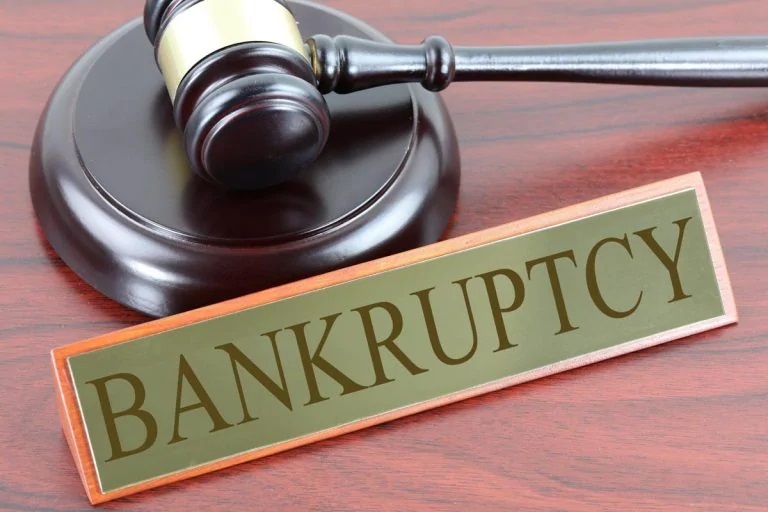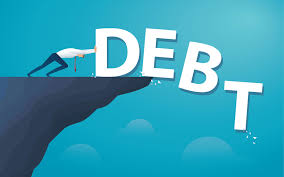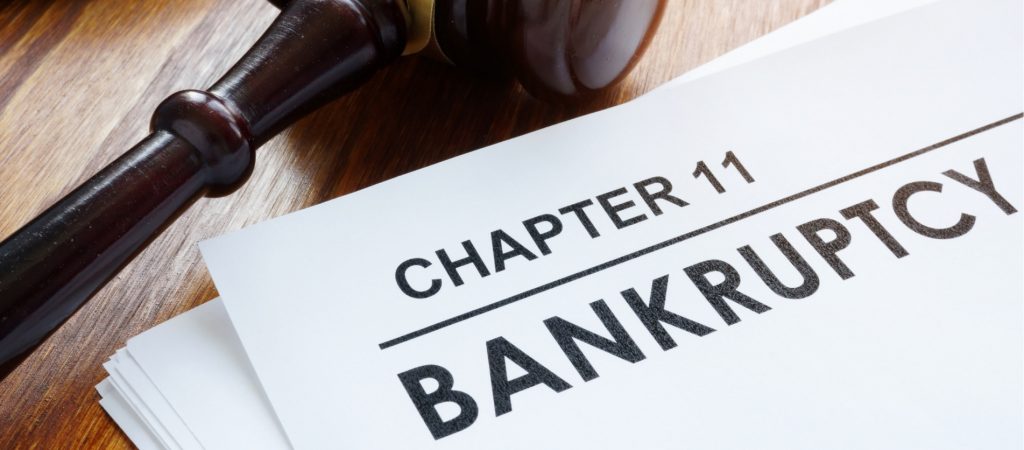
Are bills piling up while you’re jobless and stuck at home due to the COVID-19 Impacts? And thinking that filing for bankruptcy may be an excellent way to fix your financial circumstance? If so, you are not alone.
Bankruptcy is a legitimate cycle that can assist individuals with loving you who can’t cover their bills. It permits you to clear out your obligation and get a new beginning. Filing for bankruptcy will likewise put an end to dispossession or lawful actions against you, and it prevents lenders from calling and requesting payments. This ” respiring space” is one of the most wanted advantages of filing bankruptcy.
However, there are a couple of things you should know before you make that giant step. Bankruptcy won’t tackle every one of your issues. You will require help, and it very well may be a long cycle. There are other significant contemplations, as well. So, to assist you with sorting out the best way for you, here are basic things you should know before petitioning for bankruptcy.
There Are 3 Types of Bankruptcies
There are mainly two essential options. i.e., Chapter 13 and Chapter 7 that people have when filing for bankruptcy. Chapter 7 bankruptcy is a liquidation type of insolvency that can release all or the vast majority of your debts. While it is conceivable to prop a few resources when up through this cycle, you might be needed to sell non-absolved resources. Chapter 13 bankruptcy is a method of reorganization that includes making a payment intend to take care of lenders over some undefined time frame. The whole cycle can take somewhere in the range of three and five years. This is a suitable alternative for people with a regular salary and the capacity to make regularly scheduled payments.
Organizations can file Chapter 7 also, yet the substance will stop to exist toward the finish of the cycle. By a long shot, the most well-known business bankruptcy heard in the news in Chapter 11. That is due to Chapter 11 is utilized by organizations to revamp their debts and keep working. Enterprises, associations, and limited risk organizations can’t use section 13. People may likewise document under Chapter 11, but the cycle is more unpredictable; most close to personal bankruptcies are Chapter 7 or Chapter 13.

It’s Not the End of The Road
While it may seem like you have hit a brick wall when your business goes into financial strife, it’s genuinely not the stopping point for you. There are consistent ways you can turn around the conditions and come out victorious. In different circumstances, declaring bankruptcy may seem like the ideal choice; however, luckily, there are elective solutions you can seek after to recuperate lost time, profits, wages, and significant serenity: these incorporate Credit Counseling, Liquidation, and Debt Consolidation.
Where You Live Matters
When it comes to which resources you can keep in chapter 11, rules differ broadly by state. Furthermore, pay and cost limits utilized for deciding if you fit the bill for Chapter 7 will shift by area. Additionally, the lawyer’s charges and recording expenses will change.
You Get to Keep Assets
Filing bankruptcy doesn’t mean surrendering all of your assets. You keep your property, for example, garments, hardware, family goods, and other excluded resources. Contingent upon your state laws, the sort of bankruptcy you file, and your accounts, you can, at times, hold more significant resources, for example, vehicles and the family home.

Some Debts Cannot Be Discharged
It’s imperative to know that there are a few sorts of debts that can’t be released in chapter 7 bankruptcy. Home loan and automobile credits can’t be removed, nor would can child support, alimony, spousal support, student credits, and certain types of tax debts. Before you document, you should make a rundown of your debts that can be released versus those that can’t. At that point, figure it out. If you find that most of your debts can’t be removed, you may be in an ideal situation looking for another arrangement, for example, shopper credit advising or a debt consolidation loan.
There are Documents You Will Need to Have When you File
You or your lawyer should go to your region town hall and document an appeal for a Chapter 7 bankruptcy. This must incorporate all significant administrative work, for example, proof of credit counseling, living expenses, tax receipts, pay stubs, debt records, and a list of your assets. You will be needed to pay a cost for recording, except if you can demonstrate that your salary is generously underneath the neediness level. As such, you should have the option to display bankruptcy is your only real option.
The Last Word About Debt Relief
At whatever point you neglect to reimburse a debt on as you initially consented to, it can contrarily influence your credit. A few kinds of debt help accompany results that are more harming and long-term than others. Before you settle on any choice about debt alleviation, for example, going into chapter 11, it’s essential to explore your alternatives, get reliable guidance from a certified credit advocate, and comprehend the effect your decisions can have on your general monetary prosperity.
Despite what sort of debt alleviation, you pick, you can start caring more for your credit quickly by putting necessary, capable, credit-positive actions into training, for example,
- Paying all of your bills on schedule.
- Abstaining from assuming extra debts.
- Checking your credit report.
- Making and adhering to an individual spending plan.
- Utilizing credit in small manners and covering the equalizations immediately.
Bankruptcy usually is a desperate solution for a helpless Financial goal circumstance. In any case, knowing how it works and what’s in store can assist you in exploring a portion of the misguided judgments and sort out what the cycle involves.
